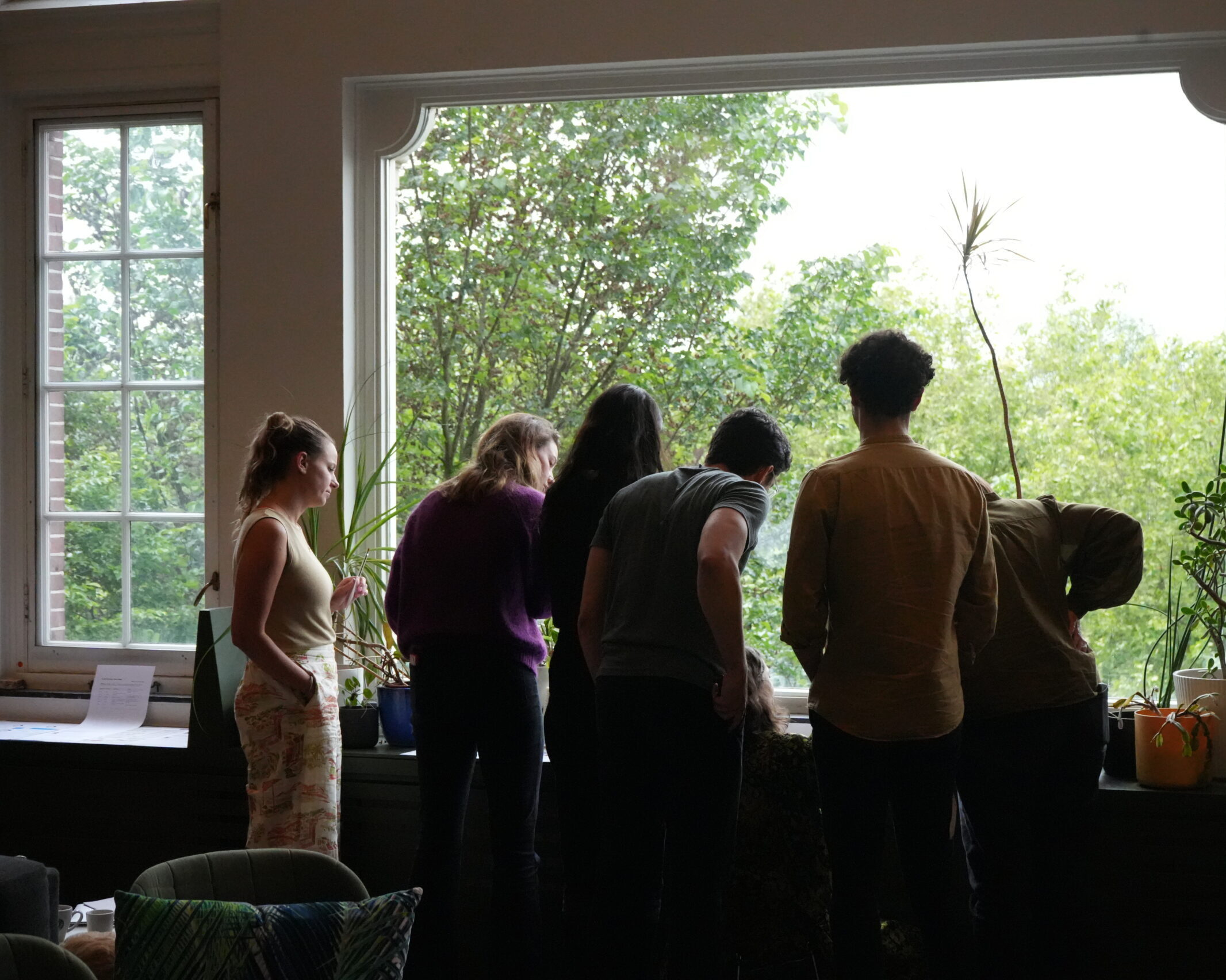From June 1st to November 2024, B Lab Europe and B Lab Benelux, with both teams based in Amsterdam, are adopting the 100-80-100 model: 100% productivity, 80% time, and 100% pay. This means we are reducing our workweek to four days, totaling 32 hours per week.
To enable this compressed schedule and facilitate a smooth transition, we are focusing on prioritization, automation, and re-evaluating existing meetings and workflows. In addition, support structures are set up for our teams in this early stage of adoption to counter arising challenges.
Impact of the Pilot and Measuring What Matters
In short, the pilot will be deemed successful if we can enhance the well-being and happiness of our teams while maintaining our productivity and capacity to achieve our goals. Various metrics are used to gauge the pilot’s success, including team survey results pre-, during and post-trial, productivity data, and qualitative feedback from internal and external stakeholders. Simultaneously, we will continue to measure our performance and progress against our 2024 strategic objectives.
At the end of the pilot period, B Lab Europe and B Lab Benelux will evaluate whether to continue with the pilot, revert to our previous schedules, or transition to a four-day workweek permanently.





